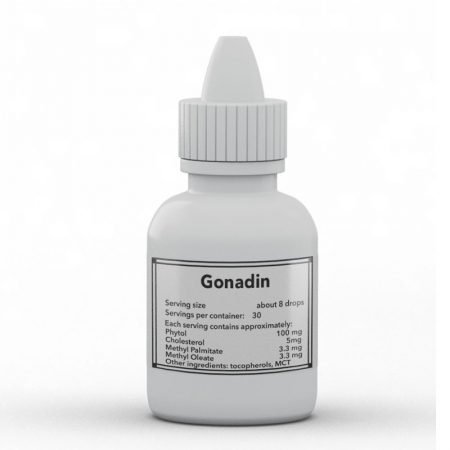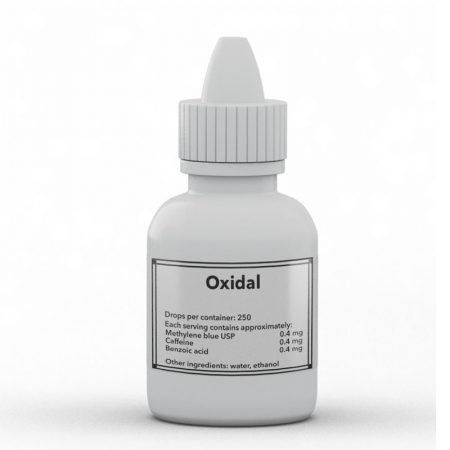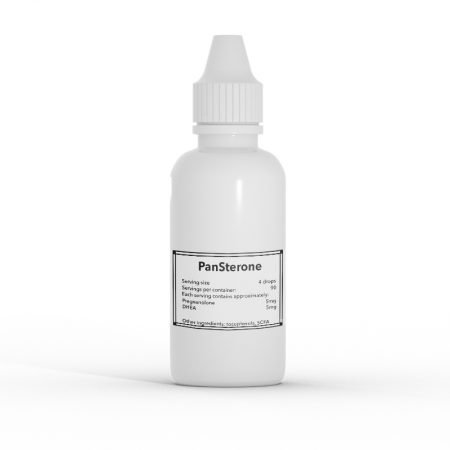Още едно доказателство, че не съществува такова нещо като „по-ниско животно“ и че почти всичко, което има съзнание, изпитва болка по същия начин като нас. И все пак, въпреки напредъка в разбирането ни за това колко сме сходни с всички останали живи същества, все още има хирурзи, които оперират бебета без упойка, както и изследвания за вивисекция върху живи животни като жаби и риби с оправданието, че те не усещат болка като нас, защото не са „достатъчно развити“. Сякаш усещането за болка изисква някаква степен на интелигентност. Ако това е така, то предвид ниския интелект на много лекари, които изказват подобни твърдения, може би те биха се съгласили да се подложат на операция без анестезия, а писъците им да бъдат отхвърлени като „обикновен рефлекс на вредни дразнители“, което е обяснението, давано по отношение на бебетата, жабите, рибите и т.н., които се гърчат от болка, когато са подложени на това варварско лечение.
https://www.thesun.co.uk/tech/9984380/fish-feel-pain-humans-starve-hyperventilate
“…The existence of pain in mammals is a long-known fact, and helped give rise to veganism and vegetarianism. But many diets exclude meat but include fish, often due to a lack of evidence over whether fish feel pain. Now a study claims that fish do feel pain in similar ways to mammals – including humans. Fish given an electric shock in one part of the tank stopped feeding there, researchers from the University of Liverpool reported in the Philosophical Transactions of the Royal Society B journal. The fish would refuse to feed for three days, effectively starving themselves. Another type of fish called a perch would not feed as frequently after its mouth had been damaged by a fishing hook. This indicates that the fish had been hurt by the injury. Other fish were documented hyperventilating, waving their injury tails and rubbing parts of their body after an injury. Now experts say fish should be treated more humanely. This includes using less damaging hooks to catch fish, and killing fish more quickly after being caught, researchers say. “When subject to a potentially painful event, fishes show adverse changes in behaviour such as suspension of feeding and reduced activity, which are prevented when a pain-relieving drug is provided,” said Dr Lynne Sneddon, of the University of Liverpool. “When the fish’s lips are given a painful stimulus, they rub the mouth against the side of the tank – much like we rub our toe when we stub it.”
Източник:
- Колко пресни портокала са ви необходими, за да изчистите черния си дроб от мазнини?Ако имате омазнен черен дроб, включването на пресни портокали в диетата ви може да ви помогне да възстановите здравето на черния си дроб. Това става ясно от малко италианско проучване. Италиански биохимици, свързани с Националния институт по гастроентерология – IRCCS Saverio de Bellis, набират 62 души с метаболитна дисфункция, свързана със стеатозна болест на черния… Колко пресни портокала са ви необходими, за да изчистите черния си дроб от мазнини? weiterlesen
- Хроничният стрес понижава допамина и причинява психични заболяванияДоказателствата за ролята на хроничния стрес в почти всички здравословни състояния, за които лекарите имат наименование, продължават да се трупат. За съжаление, дори в това последно проучване учените продължават да настояват, че има някаква мистериозна и неизмерима разлика между хроничния стрес, който „увеличава риска“ и „причинява“ патология. Същите тези учени обаче нямат проблем да заявят… Хроничният стрес понижава допамина и причинява психични заболявания weiterlesen
- Естрогенът и кортизолът, а не андрогените, потискат имунитетаВ биологията на възпроизводството има една много известна теория, която все още се смята за доминираща в тази област. А именно, че мъжете трябва да приемат баланса между нивата на андрогените и имунитета. Тя е известна като хипотеза за увреждане на имунната компетентност (ICHH). По-високите нива на андрогените, според теорията, позволяват на мъжкия да н(физически)… Естрогенът и кортизолът, а не андрогените, потискат имунитета weiterlesen
- Инхибирането на ароматазата (за намаляване на естрогена) може да доведе до лечение на рак на стомаха.Още едно проучване, което доказва причинно-следствената връзка между естрогена и рак, смятан за хормононезависим. Ракът на стомаха е една от водещите причини за смърт от рак в световен мащаб и особено в азиатските страни. Счита се, че е много труден за лечение и повечето пациенти се диагностицират в стадии, в които операцията не е подходяща.… Инхибирането на ароматазата (за намаляване на естрогена) може да доведе до лечение на рак на стомаха. weiterlesen
- Потиснатият имунитет, а не вирусите (HPV), може да е причина за рака на кожатаНаскоро публикувах няколко теми, свързани с имуносупресията и рака. Ето две от тях, които дават добър преглед и свързват имуносупресивните ефекти на ПНМК, естрогена и кортизола със защитните ефекти на витамин А, Е, D, прогестерона и др. https://xenobg.com/pnmk-sa-imunosupresivni-a-gladuvaneto-i-ogranichavaneto-na-proteinite-veroyatno-nanasyat-oshte-po-golyama-vreda/ https://xenobg.com/vitamin-d-mozhe-da-spre-rastezha-na-melanoma/ Въпреки натрупващите се доказателства, че именно потиснатата имунна система позволява на рака да се образува и… Потиснатият имунитет, а не вирусите (HPV), може да е причина за рака на кожата weiterlesen
- Витамин К може да лекува левкемияОще едно чудесно проучване, което демонстрира както терапевтичния потенциал на витамините, така и метаболитния/редокс характер на рака. Както споменах в някои от моите подкасти, витамин К2 (MK-4) понастоящем е в процес на клинични изпитвания за лечение/предотвратяване на редица различни видове рак, особено рак на черния дроб и т.нар. миелодиспластични състояния, които обхващат всички видове рак… Витамин К може да лекува левкемия weiterlesen
- Витамин D може да спре растежа на меланомаСтрахотно проучване, което потвърждава неотдавнашната ми публикация за това, че избягването на слънчевата светлина е толкова вредно за здравето, колкото пушенето на кутия цигари на ден. В края на краищата, без слънчева светлина няма да има голям синтез на витамин D, а допълнителният прием не е ефективен за много хора поради различни фактори, включително наднормено… Витамин D може да спре растежа на меланома weiterlesen
- Повишеният синтез на мастни киселини (FAS) е просто признак за недостиг на кислород / нисък метаболизъмСамо една бърза публикация за проучване, което дава представа за това как повишеното окисление на мастните киселини може „парадоксално“ да доведе и до повишен синтез на мастни киселини, като по този начин води до порочен кръг, който най-често се наблюдава при диабет и рак. В една от последните ми публикации се обсъждаше много по-ново проучване,… Повишеният синтез на мастни киселини (FAS) е просто признак за недостиг на кислород / нисък метаболизъм weiterlesen
- ПНМК са имуносупресивни, а гладуването и ограничаването на протеините (вероятно) нанасят още по-голяма вредаКакто споменах в един от първите подкасти с Дани Роди, ролята на ПНМК като имуносупресори всъщност е добре позната в индустрията за трансплантации на органи. В някакъв момент през 80-те години на миналия век дори е имало търговски продукт на основата на ПНМК, продаван на болниците като част от така нареченото решение за „пълно парентерално… ПНМК са имуносупресивни, а гладуването и ограничаването на протеините (вероятно) нанасят още по-голяма вреда weiterlesen
- Хората имат подобна на саламандър способност да възстановяват хрущялиЗаглавието говори само за себе си, но авторите на проучването правят злощастното и неудачно заключение, че макар и да можем да възстановим хрущяла, не можем да възстановим крайниците си. Е, многобройните изследвания върху животни, които публикувах в последния материал, не са съгласни с това и сочат както високия метаболизъм, така и прогестерона като мощни регенеративни… Хората имат подобна на саламандър способност да възстановяват хрущяли weiterlesen












